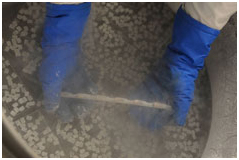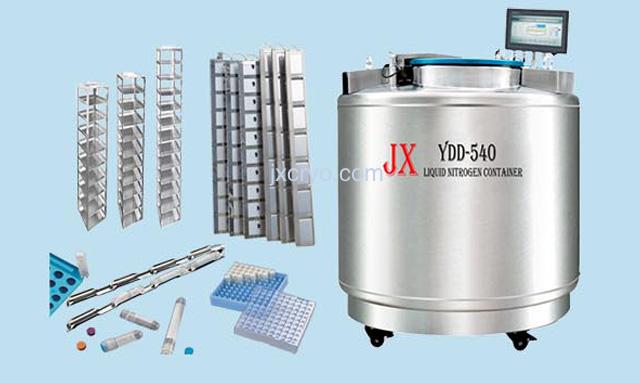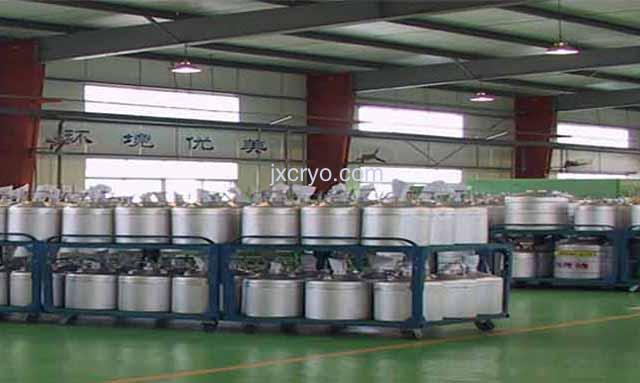Tel:+8617329375552News

Biobanks play a crucial role in biomedical research. The wide array of biospecimens (including blood, saliva, plasma, and purified DNA) maintained in biobanks can be described as libraries of the human organism. They are carefully characterized to determine the general and unique features of the continuous cell line and the absence or presence of contaminants, therefore establishing a fundamental understanding about the raw material from which the biological product is being derived and maintained. Biobanks catalog specimens using genetic and other traits, such as age, gender, blood type, and ethnicity. Some samples are also categorized according to environmental factors, such as whether the donor had been exposed to radiation, asbestos, or some other substance that can affect human genes.
Researchers access biobanks when they are in need of specimen with similar traits for their research studies. For example, one might use only blood samples that have been donated by Caucasian males, age 50-60 years old, who have smoked for 10 years or more. The ability to seek out very specific collections of biospecimens is how biobanks serve as an essential resource for scientists worldwide.
Specimens are not labeled with individual patients’ names, but rather unique barcode identifiers. Typically samples are collected in connection with clinical trials or public health surveys. The protection of individual rights and the privacy of individuals is a primary concern in the management of any biobank. Samples are normally delinked: Biographical data of the donor is removed and the sample is identifiable by only a unique code. The Declaration of Helsinki states that all biobanks must take donated materials via a process of informed consent; research investigators must provide potential subjects with a clear appreciation and understanding of the facts, implications, and future consequences of submitting biological samples to a biobank.
Coriell is committed to safely and responsibly integrating large numbers of patient samples with large quantities of associated data to create a resource that serves both the scientific community and the health of the public at large.
Why establish a biobank?
A cell bank is a renewable source of genomic DNA and allows for the study of cell physiology, including expression studies, modulation of expression/variable phenotype, and regulation/developmental studies.
Cell banks also limit the use of animal models when researchers are screening for cytotoxicity, seeking predictive information, systematic dissection of biochemical pathways, or genetic and tissue engineering.
Email:info@jxcryo.com
Address:Chenbao Industrial Park,Xinxiang City,Henan Province,China.






